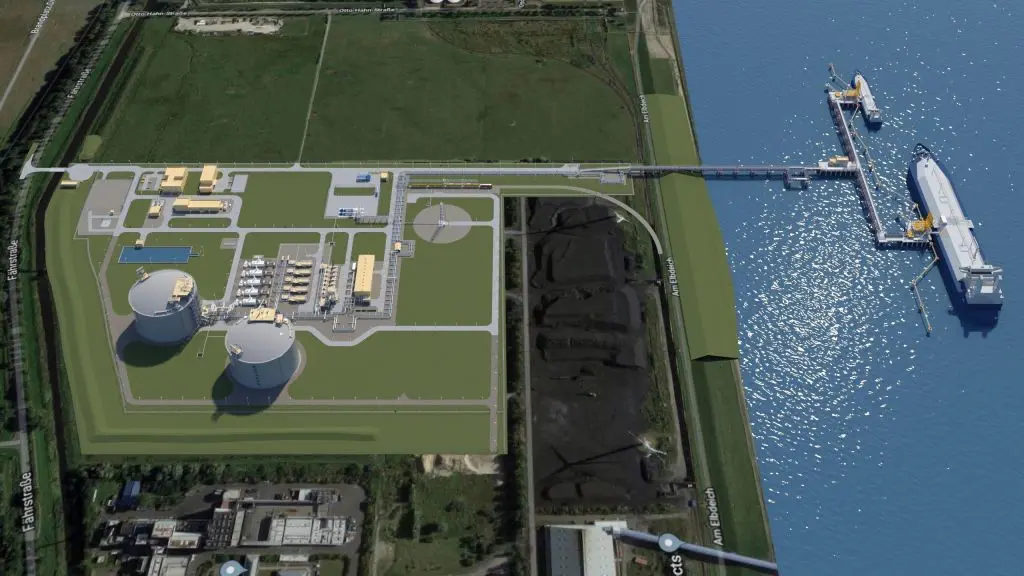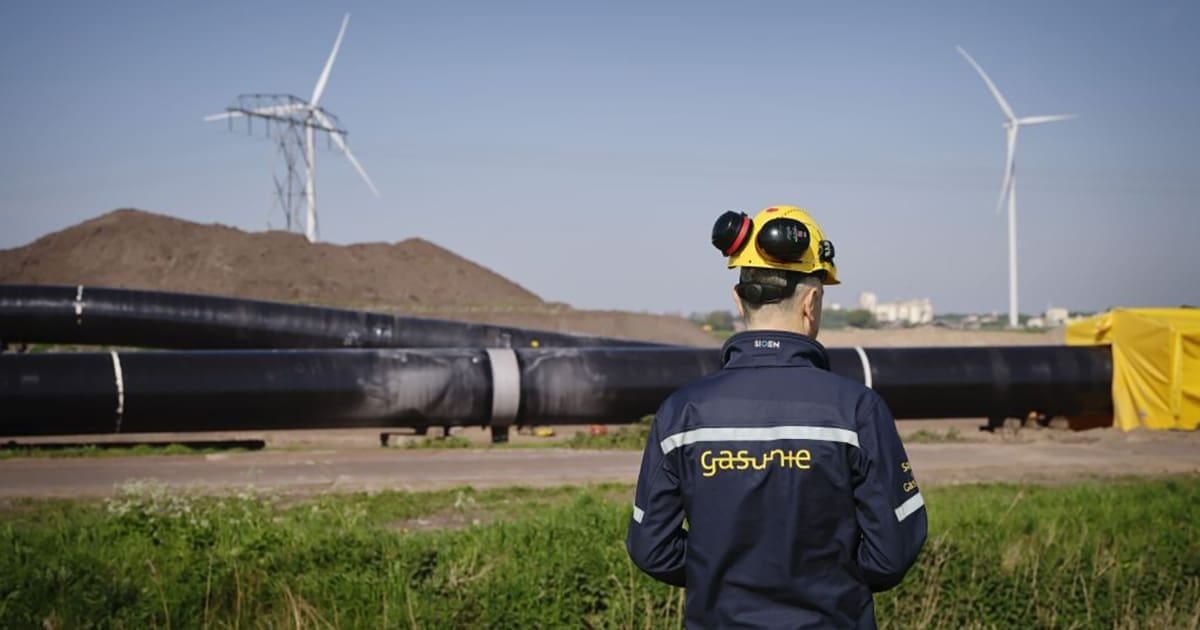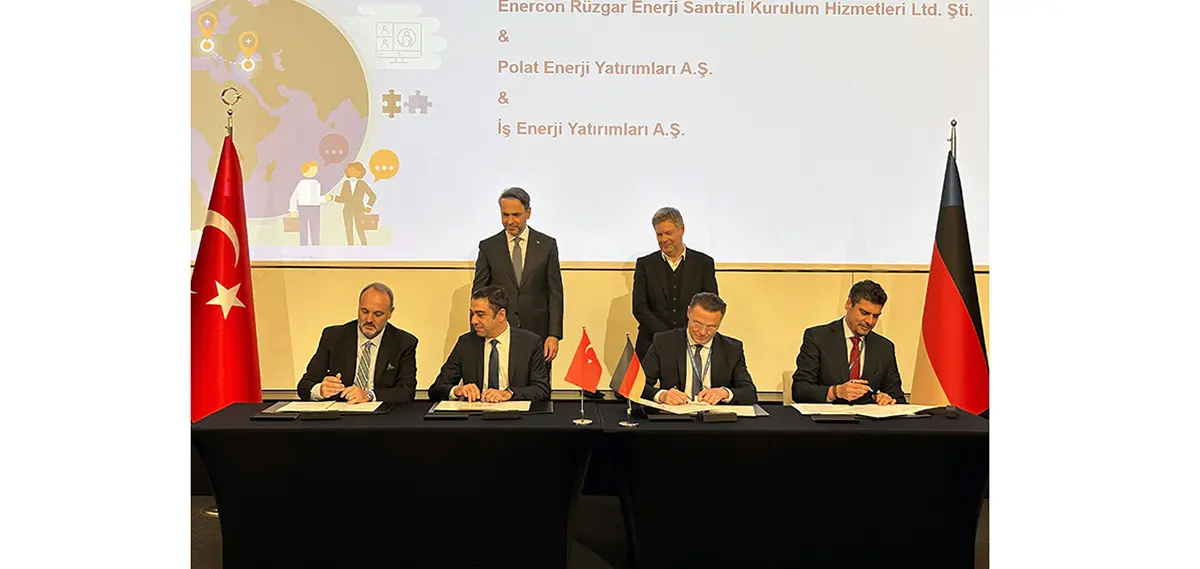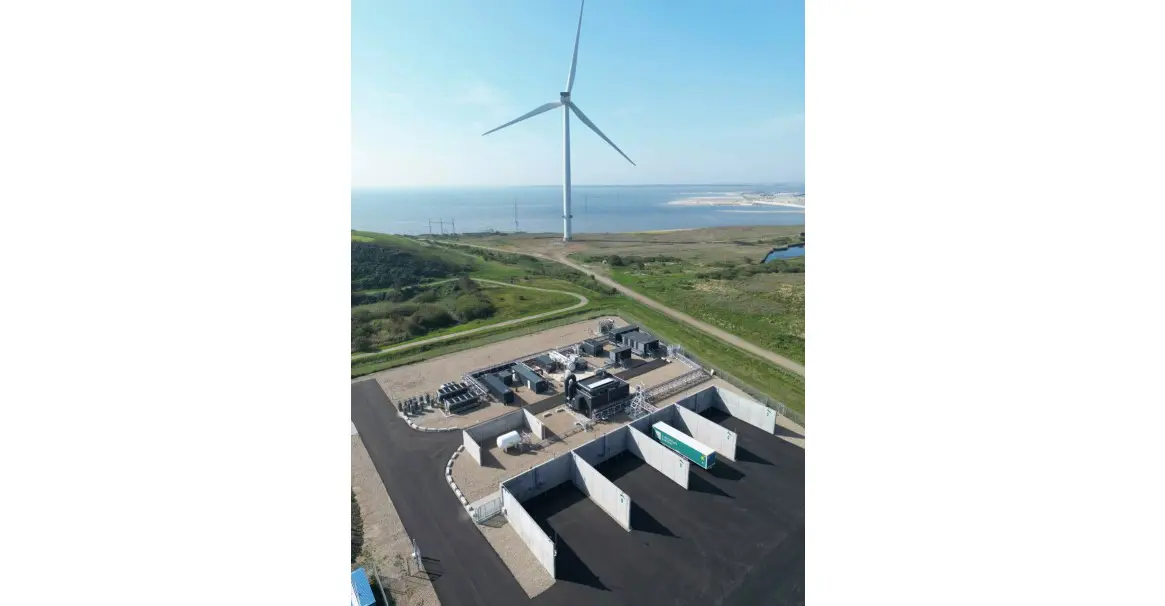
Earth Day 2023: Invest In Our Planet
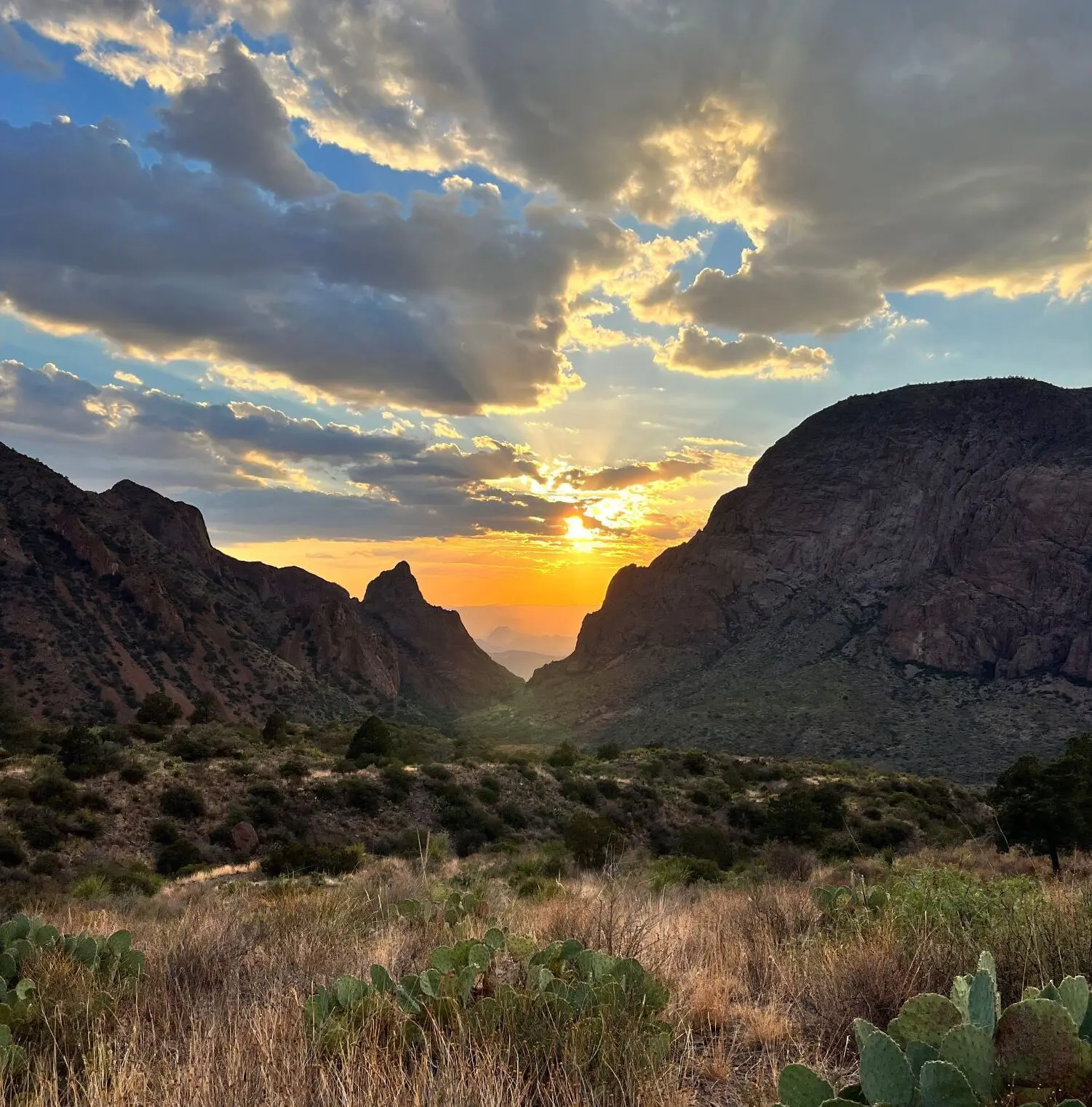
April 22 marked the 53rd Earth Day. Celebrated around the world, the theme for 2023 was “Invest In Our Planet,” a message centered around uniting governments, institutions, businesses, and citizens.
We wanted to highlight three unique women-led initiatives that are tackling climate change in a unique way. Two podcasts, Grounded in Maine and Sustainability & The Sea, are empowering individuals to act on their ESG-related interests. Meanwhile, Paxon Energy (Paxon)-led Nooshin Behroyan is on a mission to solve the methane emissions greenhouse gas problem by making sure legacy energy infrastructure can handle an increasingly low-carbon energy mix.
Becoming A Part Of The Solution
Amy Fagan heads the Grounded in Maine Podcast. The podcast focuses on open conversations about being mindful and showing up for the world. Amy and her guests discuss the role we play in sustainability including gardening and preserving, recycling, composting, and even household do-it-yourself projects. It’s a podcast about the commitment to ecological responsibility and learning different ways to be part of the solution.
In a recent episode, Amy sat down with Margaruette Seguin, 4-H Youth Development Professional at the University of Maine, to discuss the next generation of earth lovers. “An important part of creating a more environmentally sustainable future is building relationships between the next generation and the non-human world,” said Seguin. “These relationships are fostered when youth have the opportunity to explore and meaningfully engage with nature. From my childhood to present day, Maine’s forests, beaches, and natural resources have nourished me physically and emotionally. Having had the privilege to experience the benefits of these things has made me eager to both protect them for and share them with those who will come after me. This creates a beautiful chain reaction: sharing the magic of the natural world with the youth I work with connects them more deeply to that world and makes them more likely to share in my desire of protecting it.”
Grounded in Maine is available wherever you get your podcasts.
Protecting Marine Ecology
Carissa and Alex are two marine biologists that host the Sustainability & The Sea podcast. The podcast is a collection of conversations about saving our oceans — what are the problems, who is solving them, how it’s being done, and how we can all participate. The podcast takes a deep dive into the challenges our oceans are facing and the efforts being done to address them.
For example, a recent episode included Doorae Shin, an activist that discussed ocean policy, the effectiveness of mature activism, the drawbacks of nonprofit organizations, and the effectiveness of going freelance and using small groups to make real change.
Other recent episodes include a discussion on climate conferences, changing the climate social fabric of sociality through accountability and attacking social norms, and holding businesses accountable for decarbonization.
Like Grounded in Maine, the podcast also takes a grassroots approach toward helping listeners achieve their own goals. A core part of the podcast is helping folks interested in marine biology accomplish their career- or hobby-related goals.
Being self-reliant and taking individual action is central to both the Grounded in Maine and the Sustainability & The Sea podcasts, which is why ESG Review is proud to partner with both podcasts.
Building An ESG-Driven Company From The Ground Up
Earlier this month, I had the pleasure of meeting Nooshin Behroyan, founder and CEO of Paxon. Paxon is an ESG-forward company whose messaging is focused on disrupting old ways, diversity, inclusion, and women empowerment. The company believes that insufficient infrastructure innovation and upgrades could lead to pipeline-related injuries, fatalities, economic costs, and environmental impacts. The company provides a wide variety of consulting services, including program management, inspection and construction management, records management, pipeline services, safety and training for gas and electric utilities, and utility vegetation management and pruning. Paxon’s methane recapture service for utilities is a quickly growing business. The process eliminates the release of natural gas into the atmosphere through recompression/carbon capture, moving the gas out of the pipeline being depressurized into another section of the pipeline.

“My gravitation toward sustainability began when I was an architecture student at UC Berkeley in the early 2000s,” said Behroyan. “A big theme was conscious design and choosing the right material for a design. When I went and got my master’s in environmental engineering, I learned about waste management, water quality, air quality, and overall civil infrastructure discipline and its impact on the environment. Tying that all together led to my thesis for my master’s, which was studying leaks on the Class II injection wells and how these leaks are moving into the groundwater. When I entered the industry as a consultant for gas utilities, I brought the same mindset. As an environmental engineer, it’s not just about conscious design as I was taught as an architect. As an engineer, it was about conscious practice. Learning about the practice of conscious engineering took me full circle and illustrated the importance of having a mindset that we are borrowing the earth from our children and our grandchildren. We’re not just here to use and abuse it.”
Paxon’s approach is to take a bird’s-eye view when consulting, making decisions, and making suggestions based on multiple factors that can help improve infrastructure integrity. Its goal is to improve existing infrastructure and lower the emissions of legacy assets instead of tearing it all down and building from scratch. When it comes to the energy sector, the environmental portion of ESG is a growing concern but the social and governance side of ESG is a bit different in oil and gas versus other sectors such as technology. However, Behroyan pointed out that regulated utilities have to report on how much they are spending on diverse suppliers. In this vein, supplier diversity is heavily focused and practiced in the oil and gas sector where most energy companies meet and exceed their diverse expenditure annually.
By working within the oil and gas industry, Behroyan and her team have seen a lot of different approaches to ESG. There are a few glaring issues, such as the overreliance on self-reported data. Regulations and effective policy depend on accurate data. Inadvertently misreported data and its impact on shaping regulation is a theme that must be closely monitored in the ESG space.
Moving the needle in the energy sector takes a balance between respecting history and being optimistic about what is to come. “Our environmental and futuristic approach is centered around coming up with solutions that could last for decades,” said Behroyan. “That’s how we, as a six-year-old company, stand out in this competitive market where the average age of any company is more than 50 years old. Oil and gas companies are not welcoming like the tech industry where they say, ‘oh this startup must have the best idea.’ It’s all about who is the oldest, because there is a reason why they’re there and people gravitate toward that legacy. For us to have a competitive advantage, we had to have a different outlook to give us a place on the job site. A key part of that is pursuing methane emissions recovery procedures, processes, the various equipment and technologies that are out there, and then tying it all together. After all, we’re consultants. This is what we do for a living. It’s our job to bring the next solution to help our clients.”
Despite an emphasis on tradition, there are signs that the energy sector as a whole is embracing ESG. “The social and governance aspect of the tech industry is well caught up,” said Behroyan. “Now, we are seeing growing attention on social and governance for oil and gas and utilities too.”
Another point of encouragement is that Paxon’s services are being well received around the world, which indicates that a focus on all aspects of ESG is not geographically specific to a few key regions. “What’s really incredible about the United States is that a person or company with a holistic understanding of the opportunities that are out there can find a way to seize those opportunities,” said Behroyan. “I pursued certifications as a woman-owned company because I understood the supplier diversity market. There are general orders in place so that I could approach these billion-dollar companies and explain the services we provide and that we want to work with them. That’s the social and governance side of ESG in practice. There’s an element about being at the right place and the right time with policies coming into place for net-zero because we were already ahead of the curve with having that mindset, which led to commitment toward sustainability. When you look at the US market, you have tax incentives, governance, and regulations in place for companies reporting on their expenditure with woman-owned, minority-owned, or disadvantaged businesses versus reporting on the sustainability projects that they’ve done. These metrics exist. In fact, we recently came back from one of the biggest energy conferences that was hosted in Egypt named EGYPES, which covers the Mediterranean and African region. All the major oil and gas players were attending, from heads of companies, delegates, ambassadors, you name it. What I personally saw was a real commitment to net-zero. Maybe not as much the social governance side of it since they don’t have a woman/diversity expenditure percentage, but a lot of people would be considered a diverse background if they were in the United States. However, the environmental side is there when you look at the emphasis on carbon footprint reduction. We’ve seen in the past, I want to say two years, that the international countries, including the Africa and Mediterranean regions, are all making meaningful commitments to find ways to achieve and approach ESG. When we had a meeting with a minister of petroleum, he said ‘it’s not the question of how, just tell me when you can do it, as soon as you can do it.’ These commitments are no longer just out there for the sake of discussion. The G7 countries, including the United States, have billions of dollars set aside to help other countries reach their methane emissions reductions and their carbon footprint reduction goals as well.”





